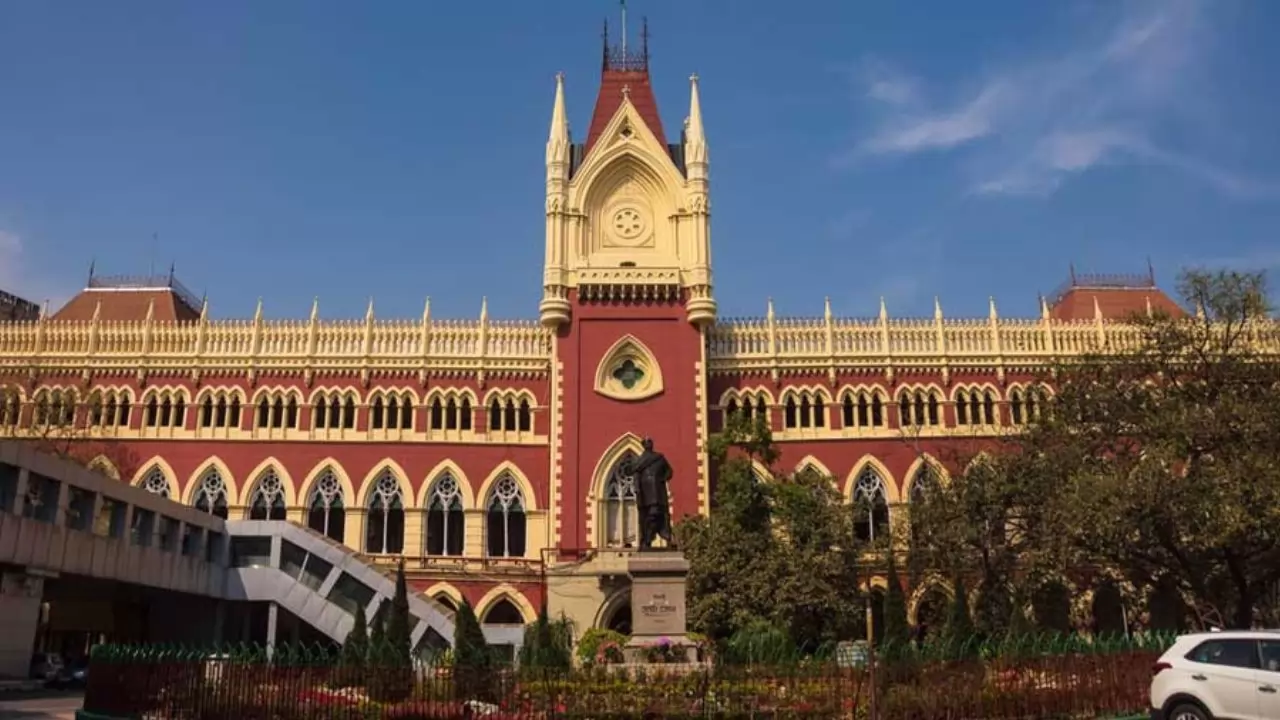
In a landmark decision, the Calcutta High Court has invalidated the OBC status of several classes in West Bengal. The court ruled that the reservations provided under the 2012 Act for vacancies in state services and posts are illegal. This significant judgement has far-reaching implications for the state's reservation policies.
Despite this ruling, the court has clarified that those who have already availed benefits under the Act will remain unaffected. This includes individuals currently employed or enjoying reservation privileges under the 2012 Act. Additionally, those who have been successfully selected through any state process will retain their status. The court's decision specifically targets the legality of the Act's clauses but does not impact existing beneficiaries.
The High Court's ruling primarily affects OBC certificates issued post-2010. This means that all such certificates are now considered invalid. The decision is poised to create significant administrative and social repercussions, as the state will need to reassess its approach to OBC reservations and certifications.
Calcutta High Court has cancelled all OBC certificates issued after 2010 in West Bengal.
— Anshul Saxena (@AskAnshul) May 22, 2024
Here is the list of castes included in OBC category in West Bengal since 2010. Read it carefully to know the structure. pic.twitter.com/h2DzY8FOMt
West Bengal Chief Minister Mamata Banerjee has responded to the High Court's decision. While expressing respect for the judiciary, she has voiced concerns over the potential impact on various communities that benefitted from the OBC status. Banerjee has called for a thorough review of the ruling to ensure that the interests of disadvantaged groups are safeguarded.
The High Court's decision has sparked a debate over the criteria and processes used to grant OBC status. Legal experts suggest that this ruling could lead to a broader reassessment of reservation policies not just in West Bengal, but across India. Social activists and community leaders are also weighing in, highlighting the need for a balanced approach that considers both legal integrity and social justice.
In light of the High Court's decision, the West Bengal government is expected to take several steps. These may include filing an appeal, reviewing current policies, and potentially drafting new legislation to address the court's concerns. Meanwhile, affected individuals and communities are advised to stay informed about further developments and potential legal recourse.





Copyright © 2026 Top Indian News
